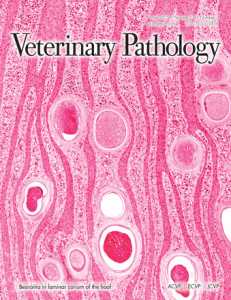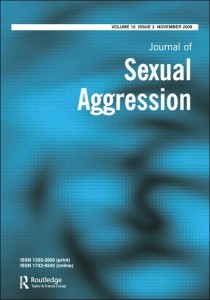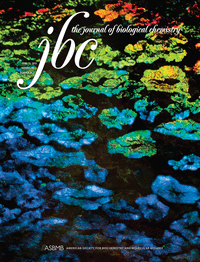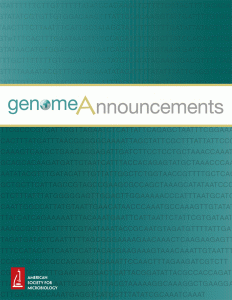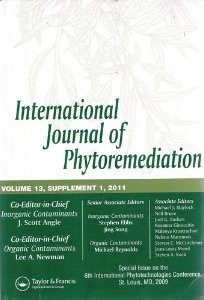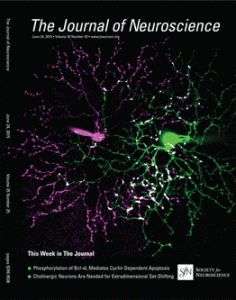 A 2013 paper on the neurological impact of flavors has been retracted from The Journal of Neuroscience. The retraction notice offers few details (which is typical for the journal), but a statement sent to us by the last author noted that an investigation at the University of Maryland “determined that data fabrication and manipulation have occurred in this study.”
A 2013 paper on the neurological impact of flavors has been retracted from The Journal of Neuroscience. The retraction notice offers few details (which is typical for the journal), but a statement sent to us by the last author noted that an investigation at the University of Maryland “determined that data fabrication and manipulation have occurred in this study.”
“Gustatory Stimuli Representing Different Perceptual Qualities Elicit Distinct Patterns of Neuropeptide Secretion from Taste Buds” examined the relationship between flavors and neuropeptides, molecules that send signals to the brain.
Here’s the retraction notice:
Continue reading “Data fabrication and manipulation have occurred”: Taste bud paper soured by fraud
